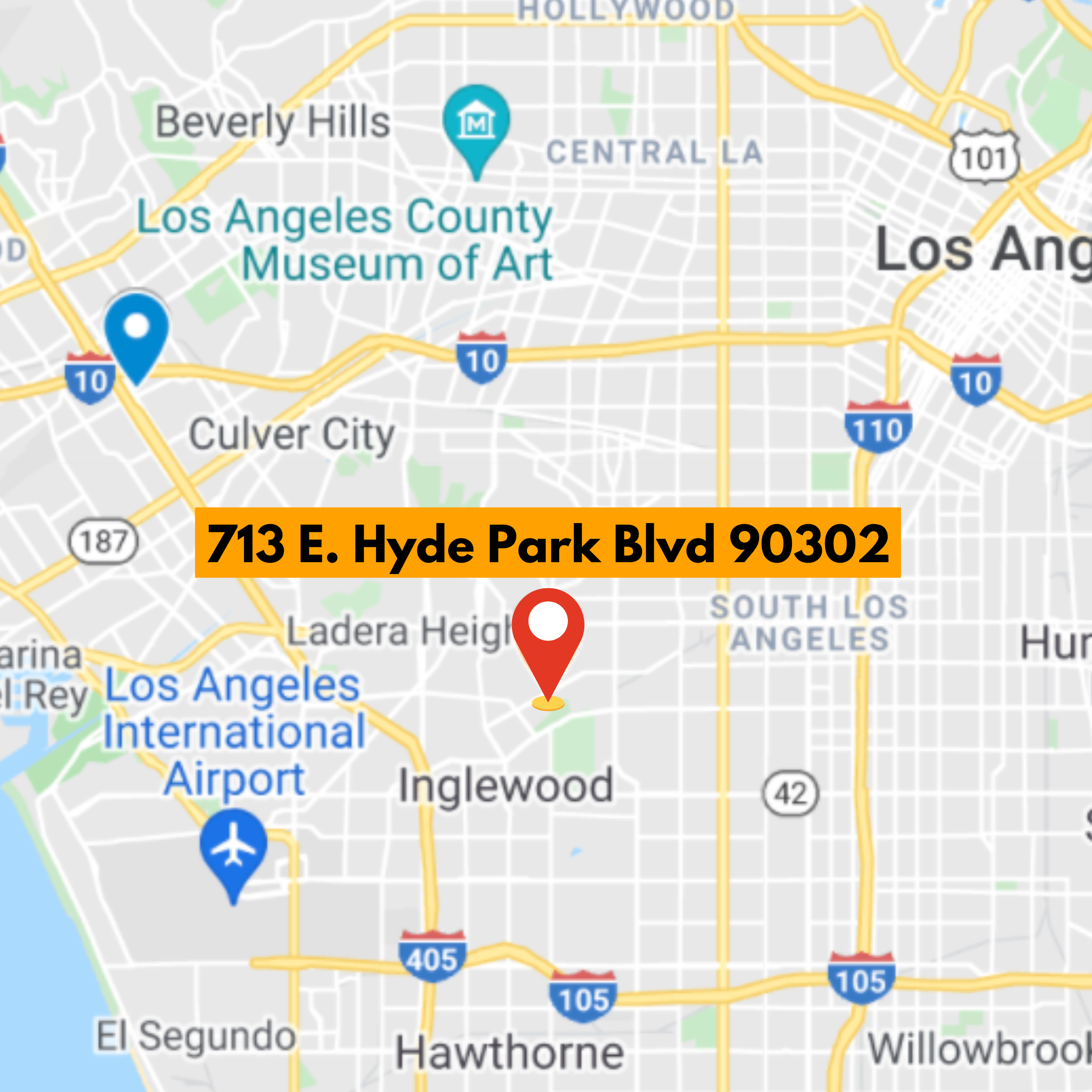Realness and Community: Who Are We, Beyond Our Dance Level?
/Often I see dancers at Tango events seated; paralyzed; restless within.
Don’t we all yearn for others to know and appreciate who we are? Who we are is so much more than our current level of Tango skill.
I think people who have made socializing through Tango part of their life participate in a truly great and powerful movement toward beautiful community. And yet, the frame of a Tango event is limiting. The seating, the narrow focus on dancing, puts blinders on us. It may lead us to judge ourselves and others based only on Tango abilities.
Think about the last time you hosted a party. How did you feel? The experience of being a festive, confident, exuberant host, focused on helping others enjoy and feel comfortable, excited to create fun times -- this is the humanity that is called for in every Tango setting, regardless of your level or role.
Now think of yourself at the last practica or milonga you went to. Were you curious about others? Were you excited to share your own gifts? So often we look around see only “dance levels” - we no longer see and reach out to get to know others as whole human beings. We reduce and label people: “want to dance with them” people and “don’t want to dance with them” people. The huge amounts of wanting usually creates huge amounts of anxiety.
I have been reading and re-reading Peter Block’s magnificent book on community. It is eye-opening, mind-popping, enlivening, optimistic, and yet so familiar at the same time. He offers that community is created through authentic conversations in small groups and offers a framework for holding these.
Building on his structure, I propose we intentionally might use our gatherings to encourage relatedness and belonging - across levels and so-called “cliques” - through creating space to address the following powerful questions:
- GIFTS: What is something about you that nobody knows?
- GRATITUDE: What gratitude do you hold that has gone unexpressed?
- OWNERSHIP: What have you done to contribute to the very thing you complain about or want to change?
- COMMITMENT: What is the promise, or the refusal, that you have been postponing?
These are big questions! But we can take them one step at a time. I wonder how our community might transform if we brought these questions with us to our Tango events, and sought to share our answers to them with others we find there.



